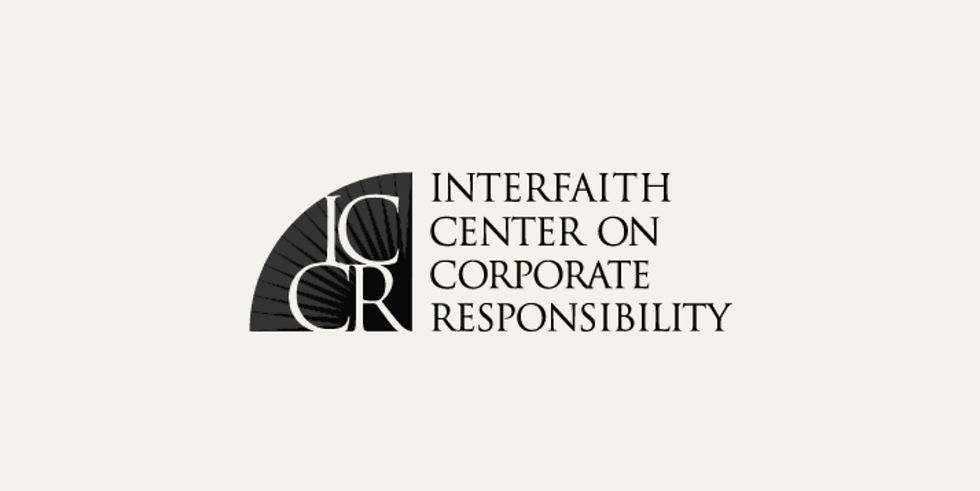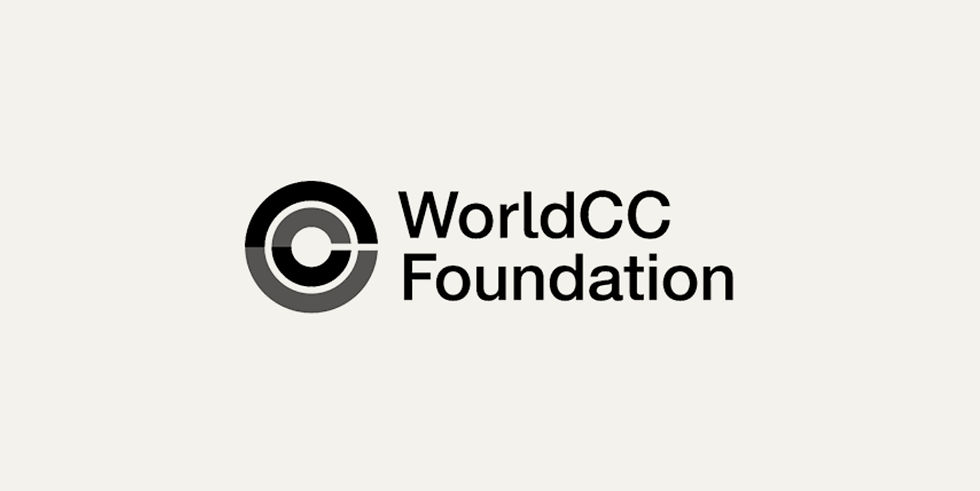Core Principles of Responsible Contracting
RCP’s mission is to drive better outcomes for people and the planet through better, more Responsible Contracts. With Responsible Contracts, both parties—buyers (e.g., brands, retailers) and suppliers (e.g., manufacturers, farms)—have a shared responsibility to uphold human rights and environmental standards. These contracts follow three core principles, known as the “3Rs” of Responsible Contracting:
-
Responsibility for human rights and the environment is shared: The parties contractually commit to work together to uphold human rights and environmental standards. Responsibilities are allocated based on each party’s size and circumstances, e.g., sector, geopolitical context, influence in the supply chain.
-
Responsible purchasing practices: Buyers commit to responsible purchasing practices that support positive human rights and environmental outcomes, e.g., fair prices, reasonable deadlines, and adequate assistance.
-
Remediation first: If harm occurs, remediation to victims is prioritized ahead of traditional contract remedies, e.g., order cancellations, suspension of payments, penalties. Contract termination can be pursued only as a last resort and must be done responsibly, after taking steps to assess and address the impacts of exit.
Following these core principles is crucial for moving from traditional to responsible contracting.
Shifting from traditional to Responsible Contracting
Traditional contracts often place all responsibility for respecting human rights and the environment on suppliers. By contrast, Responsible Contracts take a shared-responsibility approach, which is more effective for preventing and addressing harm and implementing human rights and environmental due diligence (HREDD) in line with the United Nations Guiding Principles on Business and Human Rights (UNGPs), OECD guidance, and emerging HREDD laws.
Traditional Contracting
One-sided promises of perfect compliance
In traditional contracts, the supplier guarantees perfect compliance with the buyer’s code of conduct and makes unrealistic promises that its supply chain is free of human rights and environmental issues. The buyer, meanwhile, has no contractual obligations to uphold human rights and environmental standards or to support the supplier in doing so.
What’s more, any imperfection or deviation from the code of conduct is treated as a breach of the entire contract that allows the buyer to cancel orders, freeze payments, and terminate the contract.
Responsible Contracting
Buyers and suppliers share responsibility for human rights and the environment
In Responsible Contracts, the buyer and the supplier commit to work together to address harmful human rights and environmental impacts (“adverse impacts”) as they arise. The parties set aside one-sided promises of perfect compliance in favor of a joint commitment to cooperate in carrying out HREDD.
HREDD, which emerged from the UNGPs, is an ongoing and dynamic process where the parties engage with stakeholders (e.g., workers, communities, civil society organizations) to understand the problems on the ground and take proactive steps to prevent and remedy harm. HREDD does not expect perfection, but rather continuous improvement.
Responsible Contracting
Buyer commits to responsible purchasing practices
In Responsible Contracts, the buyer commits to responsible purchasing practices, including negotiating with suppliers to agree to a price that covers the costs associated with responsible business conduct (e.g., living wages, health & safety costs) and responsible payment terms (e.g., paying invoices promptly after receipt of goods), providing reasonable HREDD-related assistance (e.g., training or financial support), and not over-burdening suppliers with unreasonable information requests.
Buyers also commit to adjust their practices to support their suppliers in meeting human rights and environmental standards.
These commitments are critical for effective HREDD and for buyers to meet their own HREDD obligations.
Traditional Contracting
No buyer obligations regarding purchasing practices
In traditional contracts, there is no requirement for buyers to consider how their own purchasing practices (e.g., pricing, deadlines, and order changes) can contribute to adverse impacts or to ensure their practices support positive outcomes for human rights and the environment.
Examples of poor purchasing practices include imposing unrealistic deadlines, prices that are too low to cover production costs (let alone living wages), making last-minute order changes, requiring suppliers to meet rigorous sustainability standards and cover related costs without providing adequate assistance.
Poor purchasing practices can create serious commercial pressures on suppliers, which can, in turn, impact the supplier’s ability to uphold human rights and environmental standards.
Traditional Contracting
No mention of remediation
In traditional contracts, the buyer is allowed to immediately terminate the contract (“cut and run”) if a human rights or environmental violation is discovered. There is usually no mention of providing remediation to victims (e.g., workers and their communities) to address the harms they may have suffered as a result of the violation.
Contracts that allow cut-and-run termination (“irresponsible exits”) in response to violations or adverse impacts are not appropriate or effective from an HREDD perspective. On its own, exiting the contract does nothing to help affected rights-holders. It also does nothing to end violations or to prevent their recurrence. In fact, irresponsible exits can result in further harm, e.g., unemployment, wage theft, or pushing workers into deeper vulnerability and higher-risk situations.
Responsible Contracting
Victim-centered remediation and responsible exit
In Responsible Contracts, remediation for victims is prioritized over traditional contract remedies, e.g, cancelling orders, suspending payments, or terminating the contract. The buyer and the supplier commit to restore victims to the situation they would have been in had the violation not occurred, where possible. Remediation could take the form of apologies, restitution, rehabilitation, financial and non-financial compensation, or taking measures to prevent recurring harms or new impacts.
Contract termination or exit can be pursued only as a last resort, if remediation has failed or is determined to be out of reach (e.g., in the case of state-employed forced labor). Further, if they decide to terminate, the buyer must pursue a responsible exit, meaning they must assess any negative impacts and take measures to avoid or mitigate those impacts. In any exit, the buyer must give the supplier reasonable notice and pay for outstanding invoices.
In Collaboration with










